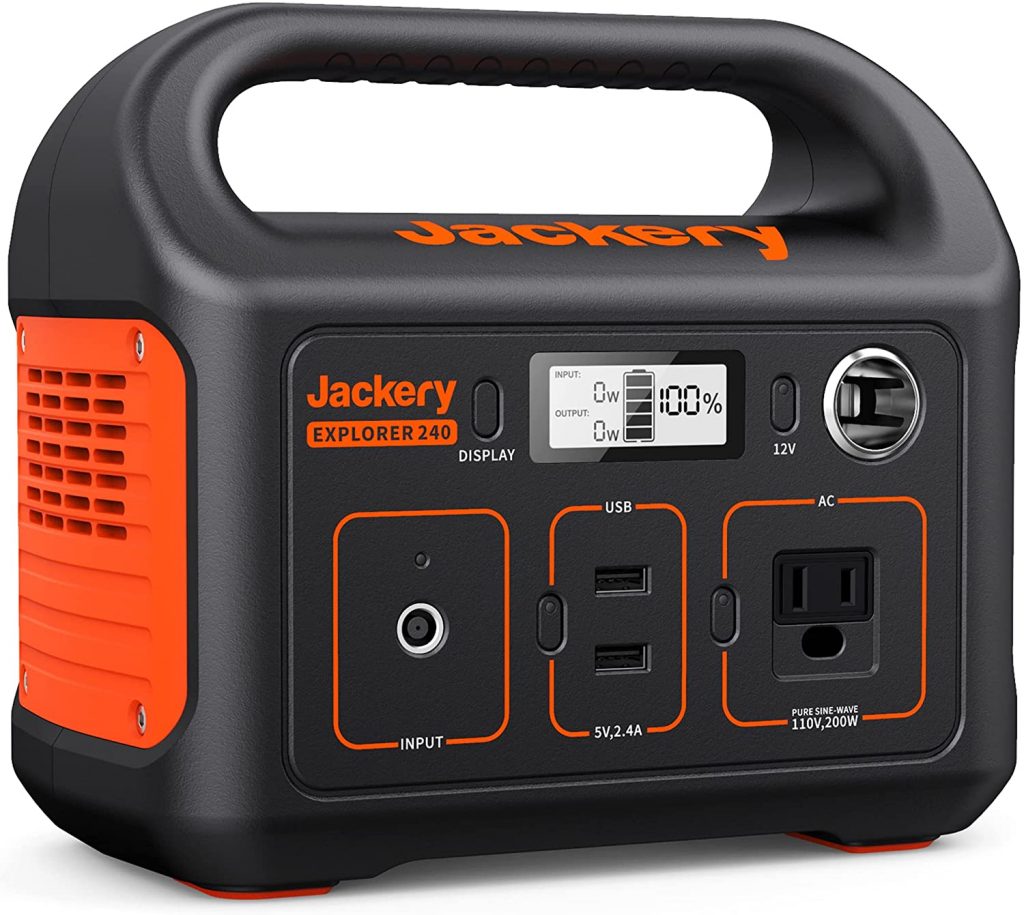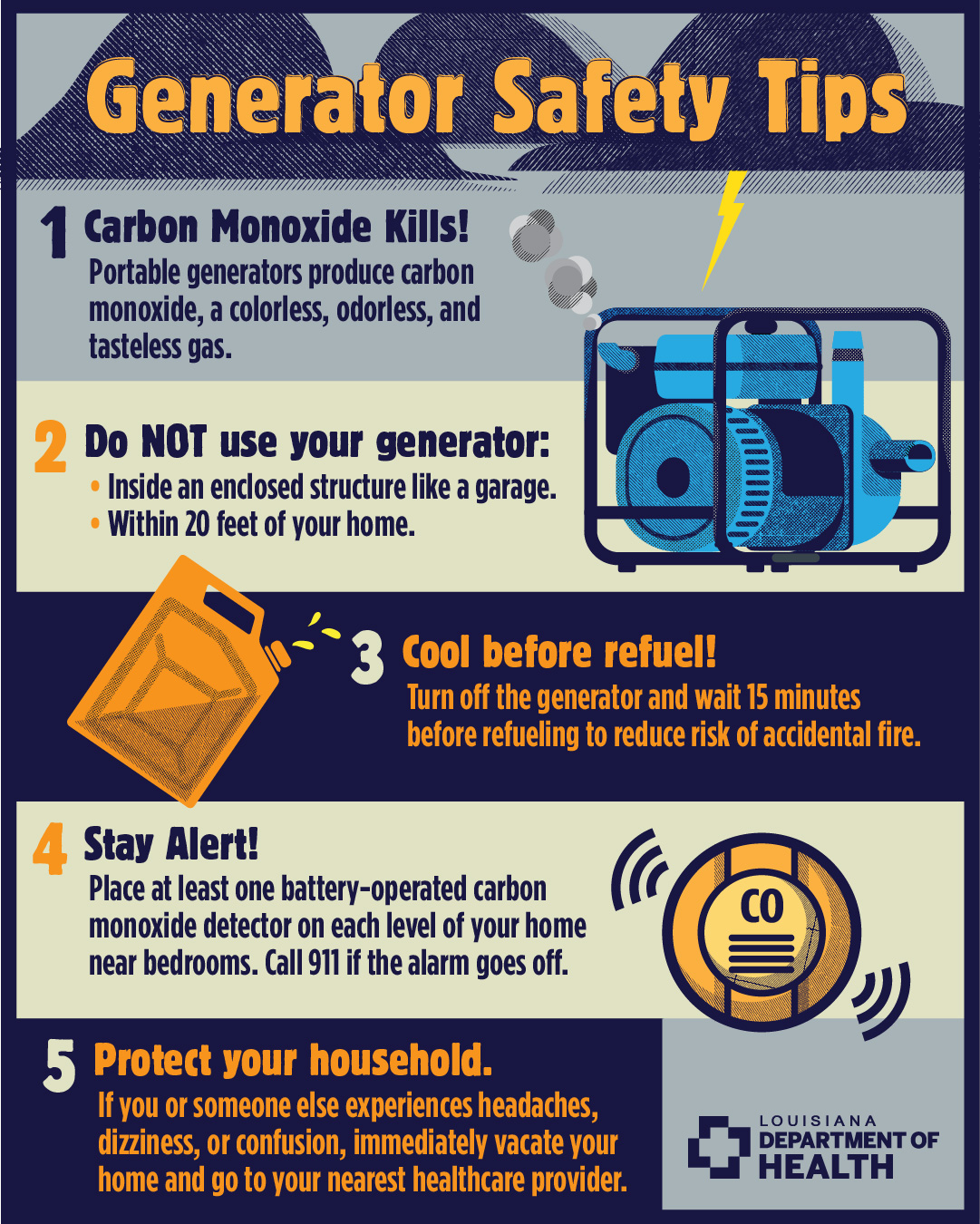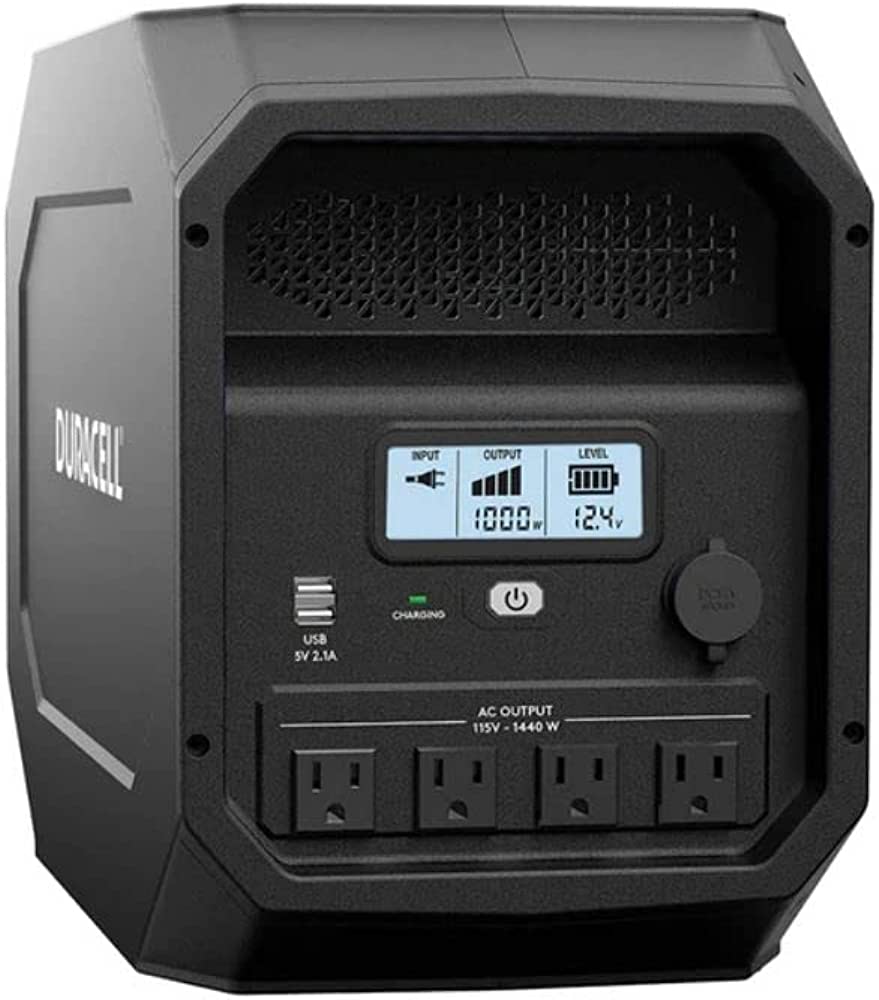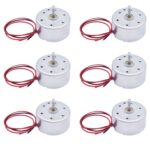A gasless generator is a great choice for those needing a reliable generator for their power needs. These generators offer a number of benefits, including cost savings, reduced emissions, and easy maintenance. With a gasless generator, you can generate your own power and save money on fuel costs. In addition, these generators are durable and can be used in almost any environment. Read on to learn more about the advantages of gasless generators and why they are a great choice for your generator needs.
Advantages of Gasless Generators

- Quiet operation: Gasless generators are much quieter than traditional gas generators, making them ideal for running small appliances in areas where quiet is essential, such as camping or RVing.
- Environmentally friendly: Gasless generators produce no harmful emissions, making them an eco-friendly alternative compared to traditional gas generators.
- Low maintenance: Gasless generators don’t require the same level of regular maintenance as gas generators, saving you time and money.
- Cost-efficient: Gasless generators are more cost-efficient than traditional gas generators, as they don’t require an ongoing supply of fuel.
- Portable: Gasless generators are typically much lighter and more compact than traditional gas generators, making them easier to transport and store.
- Safe: Gasless generators don’t produce any fumes, making them safer to use than traditional gas generators.
Different Types of Gasless Generators

- Solar Generators – Solar generators are powered by the sun and are an excellent choice for noiseless and emissions-free power. They typically come with a solar panel and battery, and can be used to provide electricity for small appliances and electronics.
- Wind Generators – Wind generators are powered by the wind and use a turbine to generate electricity. They are a cost-effective and reliable way to generate electricity, but are dependent on wind speed and direction.
- Hydro Generators – Hydro generators use a water turbine to generate electricity. They harness the energy of flowing water to generate electricity, and are typically used in rivers and streams.
- Fuel Cell Generators – Fuel cell generators are powered by a combination of hydrogen and oxygen, and can be used to generate electricity for small applications. They are a relatively new technology and have the potential to be more efficient than traditional generators.
Pros and Cons of Gasless Generators

Pros:
• Gasless generators are much quieter than gas-powered generators, making them ideal for camping, RVing, and other outdoor activities.
• Gasless generators are more eco-friendly than gas-powered generators, as they don’t require the use of fossil fuels.
• Gasless generators require less maintenance than gas-powered generators, as there are no spark plugs, air filters, or fuel lines to maintain.
• Gasless generators are typically lighter than gas-powered generators, making them much easier to transport.
Cons:
• Gasless generators are typically more expensive than gas-powered generators.
• Gasless generators tend to be less powerful than gas-powered generators, meaning that they cannot be used to power large appliances or devices.
• Gasless generators are not suitable for extended or continuous use, as they have a limited run-time.
• Gasless generators require access to a power source in order to be used, meaning that they cannot be used in remote locations.
Cost Comparison of Gasless vs Gas Generators
Gasless generators are significantly less expensive than their gas-powered counterparts. The upfront cost of a gasless generator is often significantly lower than a gas-powered generator, with some models available for just a fraction of the cost of a conventional gas generator. Additionally, gasless generators typically require less maintenance than gas-powered units. This means that the long-term cost of ownership of gasless generators is usually lower than that of gas-powered ones.
Gasless generators also have an edge when it comes to fuel costs. Gasless models don’t require any fuel, making them much more cost-effective in the long run than gas-powered generators. Another benefit of gasless generators is that they are usually much quieter than their gas-powered counterparts. This makes them ideal for use in residential areas, as they won’t disturb neighbors or disrupt the peace.
In short, gasless generators are typically much more cost-effective than gas-powered ones. They are significantly cheaper upfront, require less maintenance, and don’t require any fuel costs. Additionally, they are usually much quieter than gas-powered models, making them ideal for residential areas.
Practical Considerations of Owning a Gasless Generator

| Advantage | Disadvantage |
|---|---|
| No fuel required | More expensive than traditional generators |
| Lower noise levels | Limited power output |
| Eco-friendly | Not suitable for large power needs |
| Low maintenance | Heavier than traditional generators |
| Portable | Short life expectancy |
Gasless generators are an increasingly popular alternative to traditional gas-powered generators. There are several practical considerations to keep in mind when deciding whether to purchase a gasless generator. Gasless generators have the advantage of not requiring fuel, making them more eco-friendly and cost-effective in the long run. Additionally, they are usually much quieter than traditional generators, making them ideal for use in residential areas. However, it is important to note that gasless generators are limited in their power output and are not suitable for large power needs. Additionally, they tend to be more expensive than traditional generators and have a shorter life expectancy. Finally, they tend to be heavier than traditional generators, making them less portable for large applications.
Maintenance of Gasless Generators
Gasless generators are extremely reliable and require minimal maintenance. In order to keep the generator in good working order, regular maintenance should be carried out. Below is a list of the most important maintenance tasks:
| Task | Frequency |
|---|---|
| Check oil level | Weekly |
| Check and clean air filter | Every 6 months |
| Check and clean spark plug | Every 6 months |
| Check and adjust engine governor | Every 12 months |
| Check wiring and cables | Every 12 months |
It is also important to regularly inspect the generator for any signs of wear or damage, and to perform any recommended repairs as soon as possible. Additionally, the generator should be kept clean and free from dust and dirt. Finally, the generator should be stored in a dry, well-ventilated area.
By following these simple maintenance tasks, you can ensure that your gasless generator will remain reliable and efficient for years to come.
Environmental Impact of Gasless Generators
- Gasless generators produce no emissions, therefore they are an environmental-friendly alternative to traditional generators.
- They are eco-friendly as they do not produce any noise pollution and create no smoke, which can reduce air pollution.
- They are also energy efficient, using less power than traditional generators and reducing energy consumption.
- Gasless generators are powered by renewable energy sources such as solar, wind, and water.
- These renewable sources are sustainable and have a minimal impact on the environment.
- They also reduce the reliance on fossil fuels, which are a finite resource.
- Gasless generators are cost-effective and help reduce electricity bills.
- They are low maintenance, requiring no fuel and minimal maintenance.
Frequently Asked Questions
What are the advantages of using a gasless generator?
A gasless generator has several advantages over traditional gas-powered generators. First, they are much quieter and less intrusive, making them ideal for residential use. Second, they are much more efficient and cost-effective than traditional gas-powered generators, allowing homeowners to save money on energy bills. Additionally, gasless generators do not require fuel or regular maintenance, meaning they are much more reliable and require less attention. Finally, these generators are eco-friendly, as they produce no harmful emissions and require no petrol or oil.
How does a gasless generator differ from a regular generator?
A gasless generator is an eco-friendly alternative to traditional generators that run on gasoline. It runs on alternative energy sources, such as solar energy, wind energy, and water power, to generate electricity. Unlike traditional generators, gasless generators require no fuel and do not produce any harmful emissions. They are also quieter and cheaper to maintain than traditional generators, making them a more attractive option for homes and businesses.
What are the benefits of using a gasless generator over a gas-powered generator?
A gasless generator is a much safer, more efficient, and environmentally friendly option than a gas-powered generator. It is quieter, requires much less maintenance, and is generally much more cost-effective than a gas-powered generator. Additionally, since there is no fuel required, there is less risk of fire or safety hazards. Furthermore, gasless generators are more portable, making them ideal for camping trips and other outdoor activities. Finally, gasless generators produce zero emissions, making them much more eco-friendly.
Is a Gasless Generator a Good Choice for My Generator Needs?
Gasless generators are a great option for those looking for an efficient, low-cost, and environmentally friendly alternative to traditional gasoline-powered generators. They offer the same reliable power output as traditional generators, but without the need for fuel or emissions. Additionally, they are much quieter than traditional generators, making them ideal for camping, tailgating, and other activities. Moreover, they are typically very lightweight and compact, making them easy to transport and store. Overall, gasless generators are an excellent choice for anyone looking for a reliable, cost-effective, and eco-friendly way to generate power.
What is the best power source for a gasless generator?
The best power source for a gasless generator is solar power. Solar power is renewable, sustainable, and provides a reliable source of energy. Solar panels can be used to power a gasless generator, providing clean and efficient energy. Solar panels require little maintenance and can be used both indoors and outdoors. They are also very cost-effective, with no recurring costs. Additionally, solar power can be stored in batteries and used when needed, making it a great option for emergency power.
Conclusion
A gasless generator offers a convenient and cost-effective solution to your generator needs. They are easy to install, quiet to operate, and require minimal maintenance. They are highly efficient and provide sufficient power for a variety of applications. With the many benefits of a gasless generator, it is an excellent choice for your generator needs.







